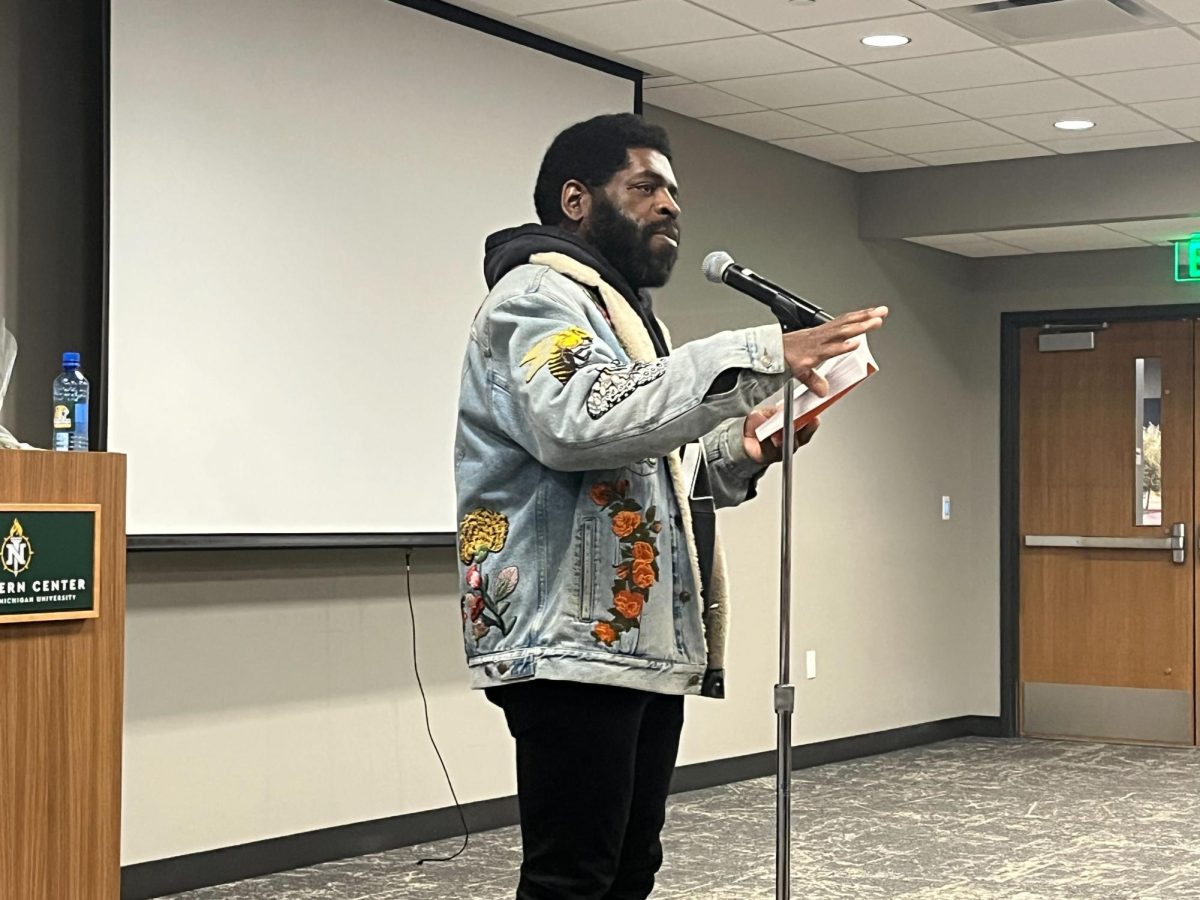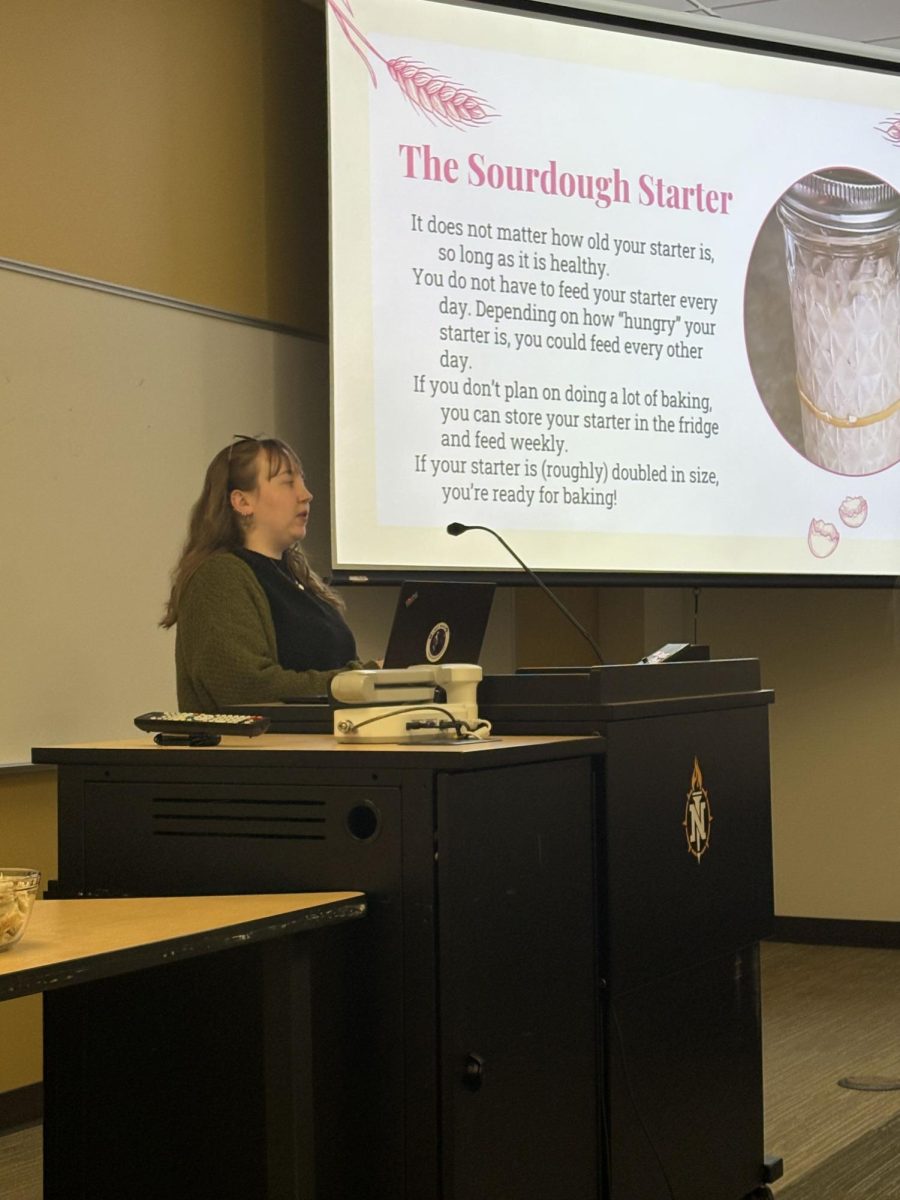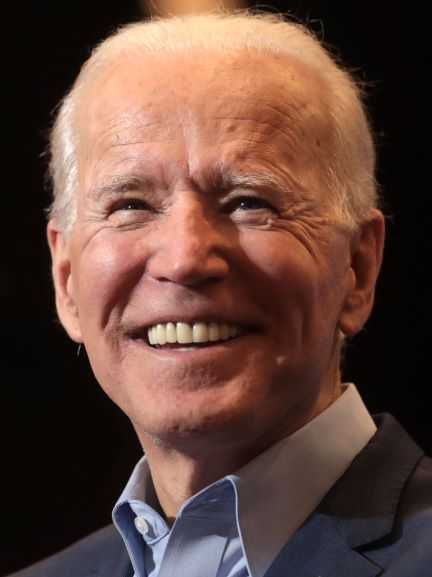WHERE TO VOTE– Students can go to the satellite clerk office in the Northern center, office 1205, Monday-Thursday from 2 p.m. to 8 p.m. and Friday from 10 a.m. to 6 p.m. Voting online is now closed.
The election is less than a week away and the U.S Senate race for Michigan representatives is on the ballot for Michigan voters. This race in particular has been intense and personal. John James, former aviation officer in the U.S army is currently contending with Senator Gary Peters, who has served for one term and is currently running for his second term.
Both candidates did not respond to our questions, so we will be relaying information from their respective websites and other online sources.
James has no prior experience in politics, but leads his campaign with a militarized mindset. He believes that his leadership in combat and as a job provider is what Michigan needs over career politicians, according to johnjamesforsenate.com. A phrase which is common on his website is “battle-tested leadership” which will help solve the economic and health care crisis created by Covid-19, according to johnjamesforsenate.com.
“We need to have a market-based, patient-centered approach that must protect people with pre-existing conditions. And whatever plan I support must include tort reform and regulatory reform in a manner that lowers cost while increasing quality of care. We must increase transparency and competition to get the best care for folks,” according to johnjamesforsenate.com
In terms of education, John James believes that everyone deserves a quality education regardless of their income or age and that education should be expanded.
“We must expand education opportunities at all levels. We must support all of our schools–public, private, and charter–and make sure that teachers have the resources that they need and parents have the choices they deserve to give our children the best education possible,” according to James’s Ballotpedia survey response.
For the environment James believes that the natural resources in Michigan need to be protected, according to Ballotpedia.
“We need realistic, bottom up regulatory reform which must be environmentally and economically sustainable. Regulation needs to be based upon science and common sense. Its mandates need to be affordable, achievable, and Constitutional,” according to Ballotpedia.
Peters is a career politician who has focused on fighting for the policies that everyone can agree on, according to peters.senate.gov. His top priorities are to continue to support job creation and economic growth and work with both parties to find common ground as well as increase protection of the Great lakes. In terms of Covid-19, Peters led the bill that gave unemployed people an extra $600 weekly stipend on their unemployment checks, according to peters.senate.gov.
“Gary introduced the Free COVID-19 Testing Act, which was enacted as part of the Families First Coronavirus Response Act, to make Coronavirus testing free. He also has called for increased access to testing to prevent the spread of Coronavirus and help in efforts to safely reopen the economy,” according to peters.senate.gov.
In terms of jobs and education, Peters believes that not every student will follow a typical 4-year degree path.
“Apprenticeships, career and technical education and skills training are all good options for students and workers. That’s why Gary worked in July 2018 to enact his bipartisan provisions with Senator Todd Young (R-IN) to help expand opportunities in career and technical education pathways for students outside of a traditional four-year degree,” according to peters.senate.gov.
Peters has worked to increase the funding for the Great lakes restoration initiative and was able to get the organization a record $320 million for 2020, according to peters.senate.gov.
“the Great Lakes are more than an economic driver and a precious natural resource: they are in the DNA of every Michigander. Simply put, Michigan wouldn’t be Michigan without a healthy and vibrant Great Lakes,” according to peters.senate.gov.
This election year has 35 out of the 100 seats up for reelection which will affect the partisan control of the U.S Senate, according to ballotpedia. The potential for a flip in partisanship in this election gives Americans all the more reason to vote, no matter which party they are aligned to.





































